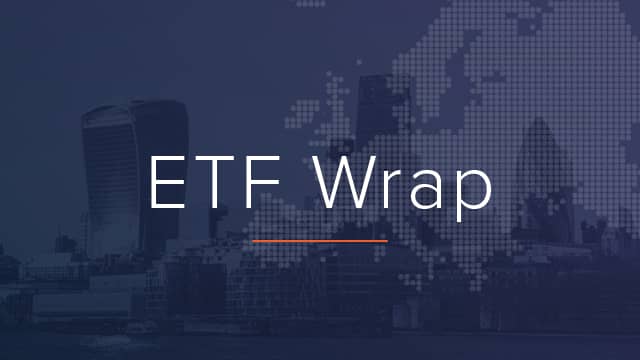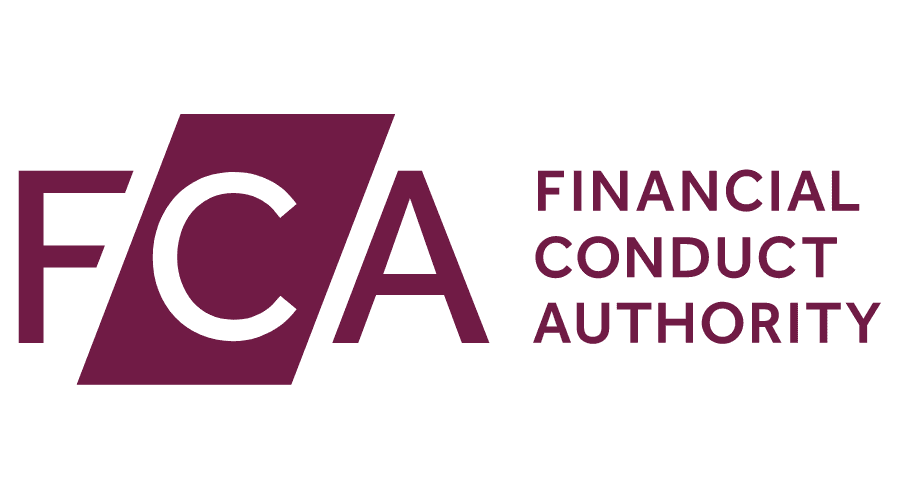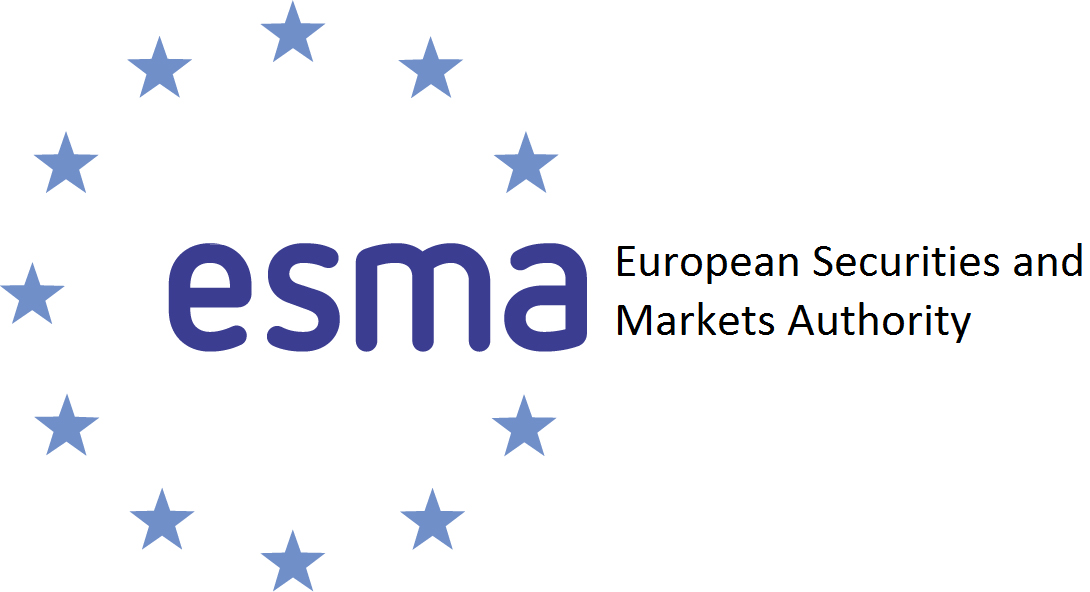This week, ETF Stream revealed DWS launched an entire suite of thematic ETFs targeting the United Nations Sustainable Development Goals (SDG), at a time when regulators and investors are scratching their heads over how to define ESG investment.
Three of the seven-strong range, targeting the circular economy, sustainable cities and infrastructure, are already listed on the Deutsche Boerse, London Stock Exchange and SIX Swiss Exchange with total expense ratios (TER) of 0.35%.
The remaining four ETFs will list in the coming weeks with the same fee, with three capturing individual SDG themes and one diversified strategy targeting multiple SDGs at once.
The SDG range is comprised of:
Xtrackers MSCI Global SDGs UCITS ETF (XDGI)
Xtrackers MSCI Global SDG 3 Good Health UCITS ETF (XDG3)
Xtrackers MSCI Global SDG 6 Clean Water & Sanitation UCITS ETF (XDG6)
Xtrackers MSCI Global SDG 7 Affordable and Clean Energy UCITS ETF (XDG7)
Xtrackers MSCI Global SDG 9 Industry, Innovation & Infrastructure UCITS ETF (XDG9)
Xtrackers MSCI Global SDG 11 Sustainable Cities UCITS ETF (XG11)
Xtrackers MSCI Global SDG 12 Circular Economy UCITS ETF (XG12)
The new range may offer a number of underlying themes ETF investors are familiar with, however, there is some significance to having a range dedicated to and marketed as SDG thematics.
The European Securities and Markets Authority (ESMA) is currently grappling with the unenviable task of defining what is and is not ESG-compliant investment, with continued uncertainty and delays prompting asset managers to voluntarily downgrade the sustainable credentials of ETFs housing more than €40bn in the last half of 2022.
By contrast, the UN SDGs are defined and actionable real-world outcomes. Therefore, whereas ESG tiers are about defining the sustainable credentials of often tilted-vanilla exposures, SDG lends itself to impact investments, where the primary challenge will be the profitability and how investable a theme is.
Illustrating this, DWS told ETF Stream it chose not to launch ETFs targeting SDGs including education and zero hunger due to its revenue-based approach.
Another important consideration is who is defining sustainable investment. For ESG, regulators are trying to create clear frameworks but these ultimately vary based on the body creating the standards, such as the EU, the Financial Conduct Authority (FCA), the Securities and Exchange Commission (SEC), the International Sustainability Standards Board (ISSB) and others.
With these disparities yet to be resolved and vast sums of data needed to measure securities’ performance on the thousands of ESG metrics on offer, large index providers in practice are playing the role of ESG arbiter by defining and supplying the parameters and information needed to operate ESG ETFs.
SDGs, on the other hand, are defined by the UN, understood by governments and non-governmental organisations and related companies can be easily identified by whether their business model related to one of the 17 goals.
While the market waits for some form of common understanding on ESG, SDG ETFs may offer an easy-to-understand route for investors to gain sustainable exposure.
abrdn makes its long-awaited entry, nearly
abrdn signalled its entry into the European ETF market by registering the Abrdn Metaverse UCITS ETF and Abrdn Global Real Estate Active Thematic UCITS ETF with the Central Bank of Ireland last November, ETF Stream revealed.
The firm’s entry was previously anticipated with the hire of Chanchal Sammader as head of ETF sales strategy and specialist distribution in 2021, however, he departed just over six months after joining.
Former CEO of Aberdeen Asset Management, Martin Gilbert, previously told ETF Stream that one of his biggest regrets during his time as the firm was not expanding into ETFs.
“One of the mistakes I made was not realising how big they would get,” he reflected. “Asset managers should have an ETF business; it is the future.”
ETF Wrap is a weekly digest of the top stories on ETF Stream
Related articles






